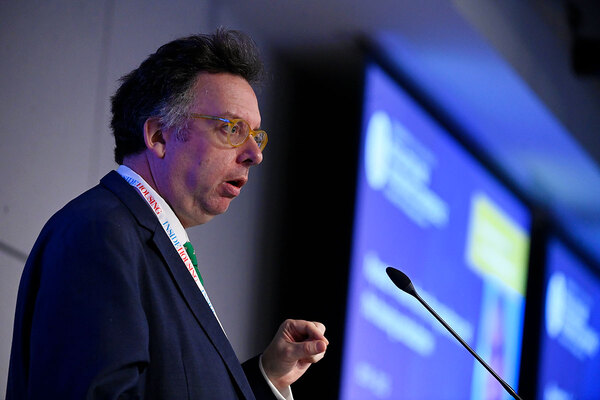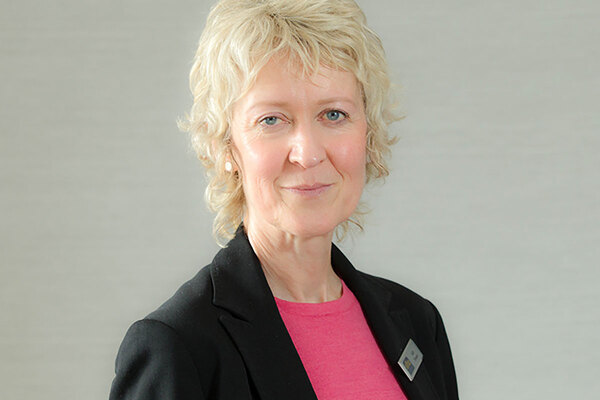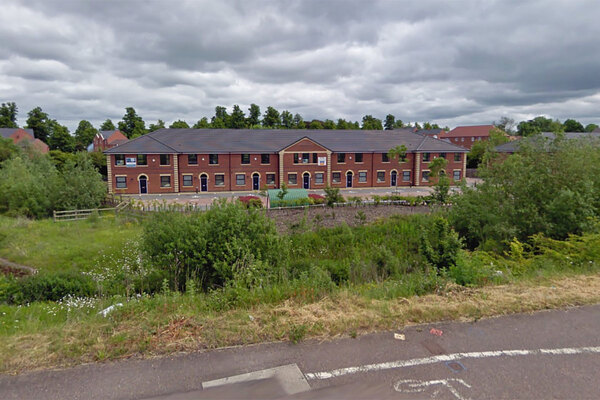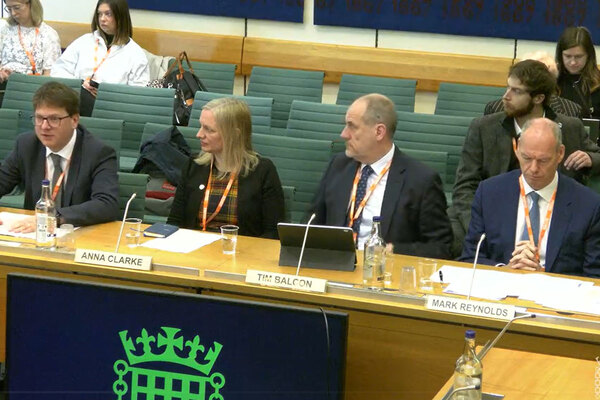Professionalisation is the key to solving housing’s staff shortage
Professionalisation offers a vital opportunity to enhance staff retention, recruitment and service delivery in the housing sector. Embracing it is essential, argues Sara Roberts, senior operating officer at Kingdom Academy
The Social Housing (Regulation) Act, which became law last year, will soon be reaffirmed as the new government shifts focus to ambitious new social housing targets. Despite the challenge that lies ahead, it presents an undeniable opportunity for the housing sector.
However, if we fail to see professionalisation as a positive force, these efforts could fall short of their potential.
The Competence and Conduct Standard, which will require around 25,000 housing managers to attain Level 4 or 5 qualifications by April 2025, represents a significant shift in the sector.
This move towards professionalisation, though challenging, is essential for redefining how the sector is perceived by staff, tenants and the public.
The sector is already grappling with a significant staffing shortage. Inside Housing’s housing association risk register survey highlights that recruitment and retention are seen as critical strategic risks. These issues impact not just current employees, but the quality of service tenants receive.
With the government planning to build 1.5 million homes, including for social housing, over the next five years, the demand for skilled housing staff is set to surge. This only intensifies the need to view professionalisation as an opportunity rather than a burden.
“Without this focus on professional development, the next generation of housing leaders will be ill-prepared to navigate the sector’s evolving landscape”
Social housing landlords must recognise that the potential to grow within a role is now more attractive to job seekers than ever. Professionalisation signals that the housing sector values career development and is committed to nurturing talent. This approach is crucial in appealing to a younger demographic, including recent graduates, who prioritise opportunities for continuous learning and advancement.
Statistics show that 94% of employees are more likely to stay with an employer that invests in their career development. For housing associations, this means embedding high-quality training programmes that not only enhance staff performance but also drive retention, fostering a culture of growth and recognition.
Without this focus on professional development, the next generation of housing leaders will be ill-prepared to navigate the sector’s evolving landscape.
Some in the industry are beginning to appreciate the importance of upskilling. Just as doctors, dentists and lawyers undergo rigorous training, the professionalisation of housing roles will elevate the status of housing managers.
This is why initiatives and campaigns like Inside Housing’s Housing Hires are so crucial. They support individuals in finding and developing careers in housing, promote the sector as an attractive place to work, and help identify the skills needed for the future.
A robust training programme not only enhances staff productivity, happiness and motivation, but also directly impacts tenant satisfaction. Moreover, when training and development are deeply embedded within an organisation, invaluable knowledge is retained and passed down, ensuring that skills are preserved and enhanced even as staff come and go.
“Professionalisation contributes to fewer complaints, improved customer satisfaction and increased employee morale”
Furthermore, professionalisation contributes to fewer complaints, improved customer satisfaction and increased employee morale. The focus on ethical decision-making and continuous learning enables staff to navigate the complexities of the sector more effectively. This creates a more engaged workforce, ready to meet new regulatory demands and improve service delivery, ultimately leading to better outcomes for residents.
Investing in the professional development of housing staff, therefore, not only supports individual career progression, but also ensures that organisations are better equipped to tackle future challenges, from policy changes to evolving resident expectations.
By fostering a culture of excellence, housing associations can improve tenant satisfaction, reduce business risks and position themselves as leaders in a rapidly changing environment.
In embracing professionalisation, the housing sector has a golden opportunity to address its staffing challenges while setting a new standard of excellence in service delivery.
Sara Roberts, senior operating officer, Kingdom Academy
Sign up for our daily newsletter
Already have an account? Click here to manage your newsletters













